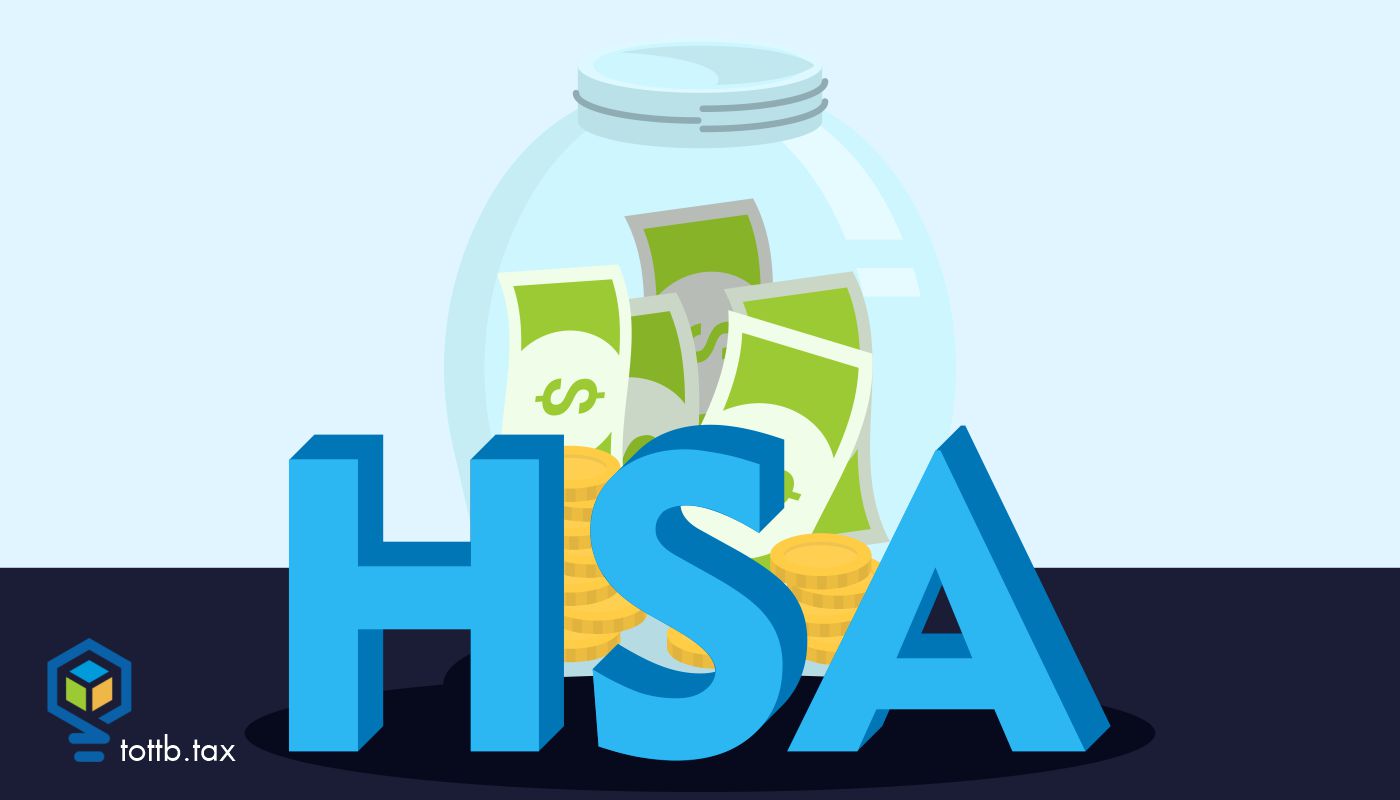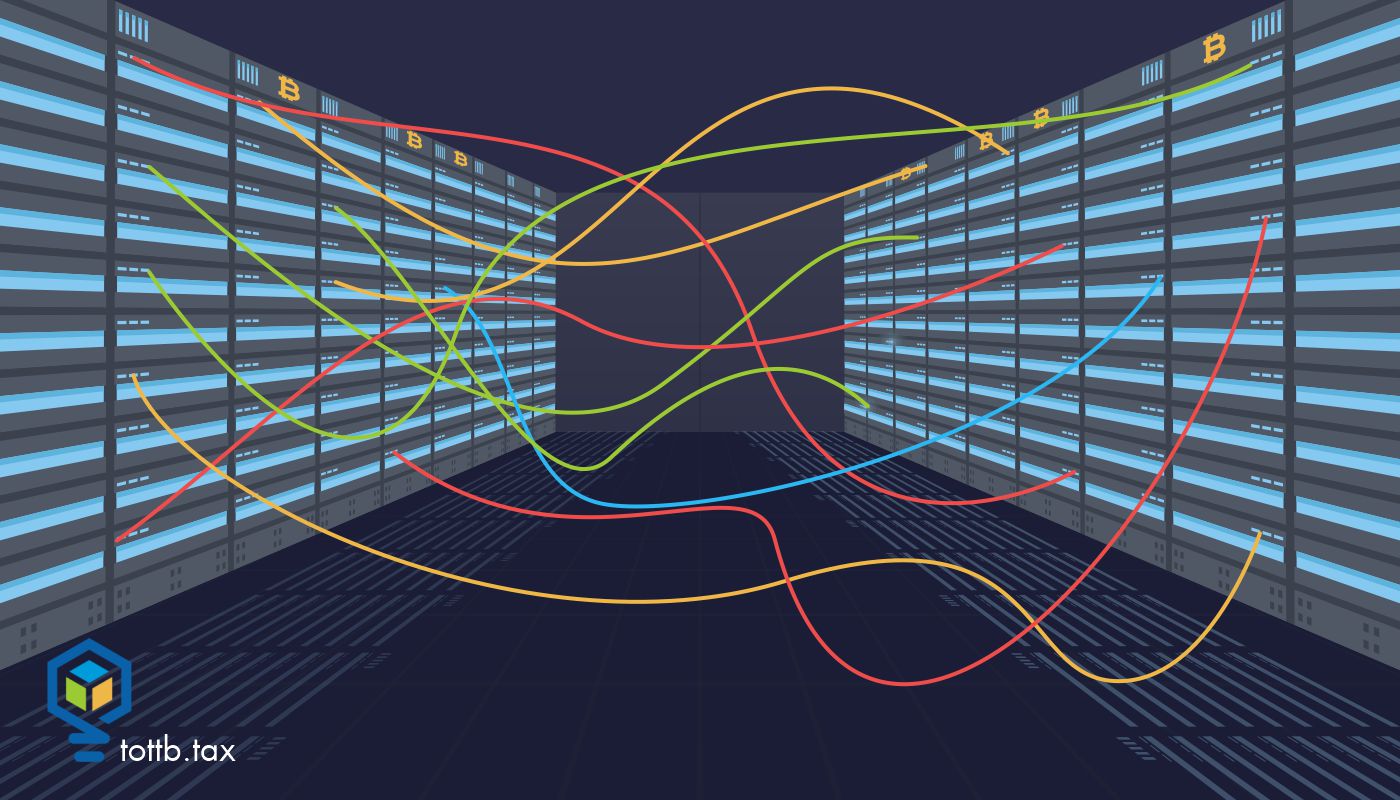CURRENT EDITION

The Benefits Your Military Veteran Clients Aren’t Using (And Why That’s a Planning Problem)
Why aren’t more veterans using the benefits they’ve earned? Part of the problem is awareness, and part of it is discomfort (for both veterans and advisors). After all, veteran benefits are rooted in service-connected health and trauma, placing them in a category that often feels more personal than financial. That alone can deter veterans from discussing their disability compensation and keep advisors from broaching the subject altogether. The result is financial plans that look optimized on paper but are built on incomplete assumptions and missed opportunities – opportunities that have been more than earned.
READ MOREMake Tax Magic with a Health Savings Account
Congress created one of the best tax savings vehicles in 2003. It wasn’t the individual retirement account (IRA). It wasn’t the Roth IRA.It was the health savings account (HSA). The HSA is the only tax-preferred savings vehicle in which a taxpayer potentially gets both an upfront tax deduction in addition to tax-free and penalty-free distributions. The IRS wrote the HSA rules to give taxpayers maximum flexibility in how they use their HSAs for medical expenses. Strategic use of the HSA can lead to lifelong tax savings opportunities. Let’s review the basic rules as to how an HSA operates, the little-known rules that create tax savings opportunities, and examples of how the HSA can be used to provide tax-free and penalty-free distributions when the taxpayer has a cash need.
Read MoreEnjoy Decades of Tax-Free Growth With a 529A
If you’re disabled or support someone who is, a 529A plan can be a powerful way to save for the future. Potential earnings grow tax-free, and you won’t have to pay taxes when you withdraw, as long as the withdrawals meet qualifications. Also known as Qualified ABLE (Achieving a Better Life Experience) programs, these will not only assist you next time you are playing Tax Code Jeopardy but help you create a tax advantaged savings account. One reason you may not hear much about these tax vehicles is that there really is no way I can discern that advisers can make money on them. But since you and I are members of the same club as tax practitioners, I’m confident you will tell your clients about things that can help regardless of whether there is any profit in it. As my first managing partner the late Herb Cohan used to say, “The world is longer than a day.” To learn more about future tax-free money, keep reading.
Read MoreMaximizing Your Home Office Deduction
Question: Can I avoid depreciation recapture by not claiming it before I sell? Answer: Nice try. You may save yourself unnecessary worry and fear about so-called recapture, but it won’t save you any tax impact when you do sell. If you want to learn the truth about depreciation, keep reading to learn more.
Read MoreJust Good Business – Review Your Insurance Policies
Regular readers of this column may know that I came involuntarily to the tax business. I inherited it from my mother in 2010. Less well known is that the tax business was Mom’s side hustle. Mom’s main business was as an independent insurance agent. The insurance side of the business closed in 2017, but during the time I was administering that side of the business (I was never a licensed agent), I learned a lot about insurance. One of the most important lessons I learned was that the longer you hold a policy, the more the rates increase and that it pays to make the effort to review (and shop) your various insurance policies regularly. Another important lesson was that all coverage is not equal and, just as when looking for a tax professional, price should be a consideration but not the consideration. The third important lesson was to know your coverage before you need the insurance. Many times we had to remind a customer they had refused uninsured motorist coverage to save a few dollars after an uninsured motorist totaled the client’s vehicle or to explain the limits of flood coverage after a building flooded. Regularly reviewing your insurance policies for coverage and value provides peace of mind and is just good business. Click here to learn the ins and outs of getting a great deal.
Read MoreThe 8082 Solution to Erroneous K-1s
If you’re thinking about extra forms that might have to go in with a 1040, Form 8082 is probably not the first thing that pops into your mind. But if what you need to do includes Form 8082 – Notice of Inconsistent Treatment or Administrative Adjustment Request, and you leave it out, there might be no way to recover. That appears to be the result in the Second Circuit decision in Laurence Gluck’s appeal of a Tax Court decision. There is also a lesson about like-kind exchanges that may have continuing significance despite changes in the law. With a deficiency of more than $1.5 million, it seems like a pretty big deal. It turns out that Laurence Gluck is one of New York City's largest landlords, so it may not have been that big a deal for him. On the other hand, it makes it surprising that the issue tripped him up. Click here to continue reading.
Read MoreAvoiding Underpayment of Estimated Tax Penalties – Non-Traditional Strategies for Individuals
Paying your income taxes is a fact of life for most taxpayers. The annual dance of gathering, reconciling, and reporting income/deductions/payments/credits (a.k.a. filing a tax return) keeps taxpayers and tax professionals hopping during each annual filing season and beyond. If you’re a W-2 employee, your employer takes care of your tax compliance by withholding and remitting federal, state, local, Social Security, and Medicare taxes from your salary. You may also have taxes withheld from pensions, unemployment compensation, gambling winnings, and other income. It may feel as if you’re not paying taxes because all you see is your net pay after taxes. Often it’s a direct deposit, and your payslips may be available only online. If you’re self-employed or have other income not subject to withholding, you prepay your taxes by making estimated tax payments. The traditional schedule for estimated tax payments is quarterly (4/15, 6/15, 9/15, 1/15). If not followed, steep penalties can exist, even if you pay them all by April 15. But some folks have trouble with the quarterly payment schedule, cash can be tight and that estimated tax payment money you’ve set aside might really come in handy. Happily, there are strategies to keep in compliance in a way that meets your budget and cash flow needs; and there are ways to avoid those late payment penalties. Want to know how? Keep reading to learn more.
Read MoreUsing an LLC to Enhance Deductions for Your Personal Residence
A frequent question for tax pros is, “Can I put my primary residence in an LLC?” It is well known that owners holding rental real estate in a limited liability company want to ensure they’re receiving all their entitled benefits. The problem is, simply placing a personal residence in an LLC does not change the fact that the residence is for personal use and not for business. If you’re hoping that using an LLC will help you gain tax advantages, the LLC might not be the right choice for the property. The main purpose of an LLC is asset protection. Aside from this valuable benefit, many choose an LLC to hold their business activity. However, simply using an LLC for anything personal not only doesn’t provide additional tax benefits, but it may also cost you the available benefits for your home. If, however, you’re thinking of locking in the tax advantages you currently have while converting your home to a rental, consider selling it to an entity you own before you make it available for rent. To learn how to avoid losing tax breaks and gaining more, keep reading.
Read MorePros and Cons of Cryptocurrency Mining as a Trade or Business
As cryptocurrency grows in popularity, more people are turning to what is known as mining as a way to bring in some extra income. However, not all mining activities are equal; small differences in the facts and circumstances can have substantial impact on the tax consequences. Much of the nuance hinges on whether the activity is a trade or business under Section 162, which, in many circumstances, may not be a simple thing to determine. If you choose to treat your mining as a business, earned bitcoin is reported on a Form 1040 Schedule C. The benefit of this is the ability to deduct mining expenses as deductions for your crypto business. Along with direct costs to mine the digital currency, treating the work as a business opens the door to additional tax reduction strategies. To learn how to maximize your crypto mining activity, keep reading.
Read MoreNOT A MEMBER YET?

SUBSCRIBE TO GET ALL OF OUR
GREAT ARTICLES AND RESOURCES!
CURRENT EDITION

The Benefits Your Military Veteran Clients Aren’t Using (And Why That’s a Planning Problem)
Why aren’t more veterans using the benefits they’ve earned? Part of the problem is awareness, and part of it is discomfort (for both veterans and advisors). After all, veteran benefits are rooted in service-connected health and trauma, placing them in a category that often feels more personal than financial. That alone can deter veterans from discussing their disability compensation and keep advisors from broaching the subject altogether. The result is financial plans that look optimized on paper but are built on incomplete assumptions and missed opportunities – opportunities that have been more than earned.

Start the Year Right: Your WISP Doesn’t Have to Be a Tax Season Nightmare
The mere mention of a WISP makes most tax professionals want to suddenly lose their internet connection. It sounds bureaucratic, technical, and deeply unfun. But here’s the good news: creating and maintaining a WISP does not have to feel like a compliance root canal. And ignoring it can turn into something far worse than an IRS audit. Let’s talk about why you need one, what it’s actually supposed to do, and how to get it done without wrecking your sanity in the middle of filing season.

Fleeing High Tax States And The Stickiness Of Domicile
Part of preparing to leave a high state tax is facing up to the fact that the tax collectors of high-tax states can be kind of clingy. There is more to changing your residence for tax purposes than simple steps like a new driver’s license and a change in voter registration.









